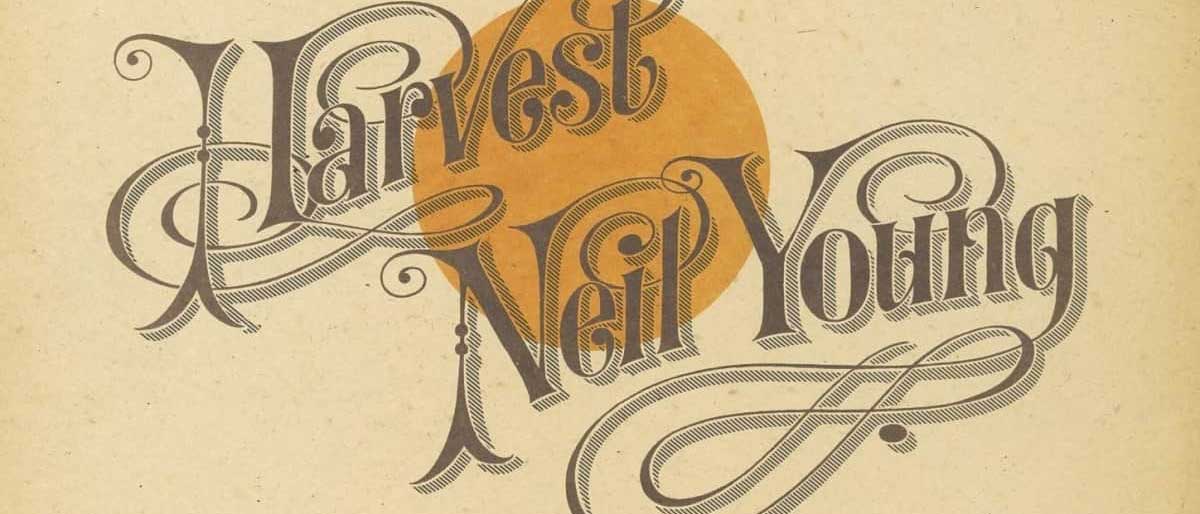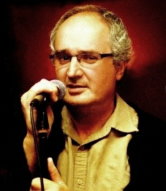You can trust Louder
The 50th anniversary reissue of Neil Young’s classic fourth studio album, 1972’s Harvest – magical, mystical, tremulous, myth-building – comes complete with the oft-bootlegged BBC In Concert recording from February 1972, plus three Harvest outtakes and two DVDs: the In Concert plus a never-before seen two-hour documentary on the making of Harvest.
It’s a helluva way to repackage an album that was originally slated for being too derivative of Young’s previous studio album, After The Gold Rush – too middle-of-the-road, too populist. Harvest was America’s best-selling album of 1972, but it was viewed (not least by Young himself) as too ‘safe’. Perhaps it was because, following the dissolution of CSN&Y, Young had put together a band of country session musicians (the Stray ‘Gators) to help record it.
Listening now, the quality and clarity of the songs shines through as they have shone through these past decades; the chilling simplicity of The Needle And The Damage Done, the far-reaching future nostalgia of Old Man, even the sweetness of the London Symphony Orchestra on the oft reviled A Man Needs A Maid and There’s A World. Even the South-baiting Alabama, which inspired the monster Lynyrd Skynyrd answer song Sweet Home Alabama.
Anyone who’s grown up listening to Neil Young can’t help be moved to tears, by his quaver on Out On The Weekend and Harvest, the questioning, yearning guitar on Words… the chart-topping Heart Of Gold, for Christ sake! The whole album is near miraculously flawlessly imperfect, from beginning to end. Is Harvest Neil Young’s greatest album? One of them, most certainly.
Sign up below to get the latest from Classic Rock, plus exclusive special offers, direct to your inbox!
Everett True started life as The Legend!, publishing the fanzine of that name and contributing to NME. Subsequently he wrote for some years for Melody Maker, for whom he wrote seminal pieces about Nirvana and others. He was the co-founder with photographer Steve Gullick of Careless Talk Costs Lives, a deliberately short-lived publication designed to be the antidote to the established UK music magazines.


